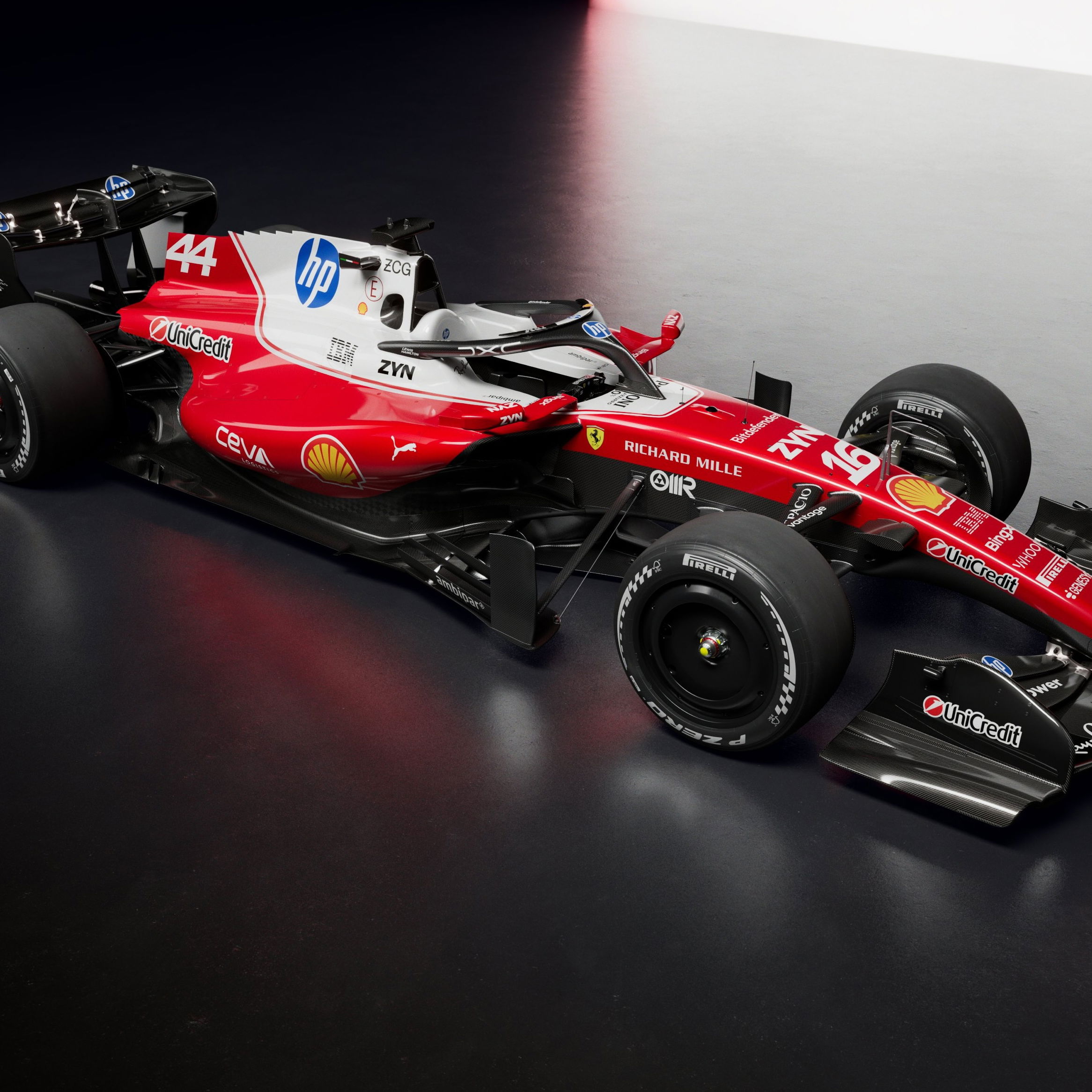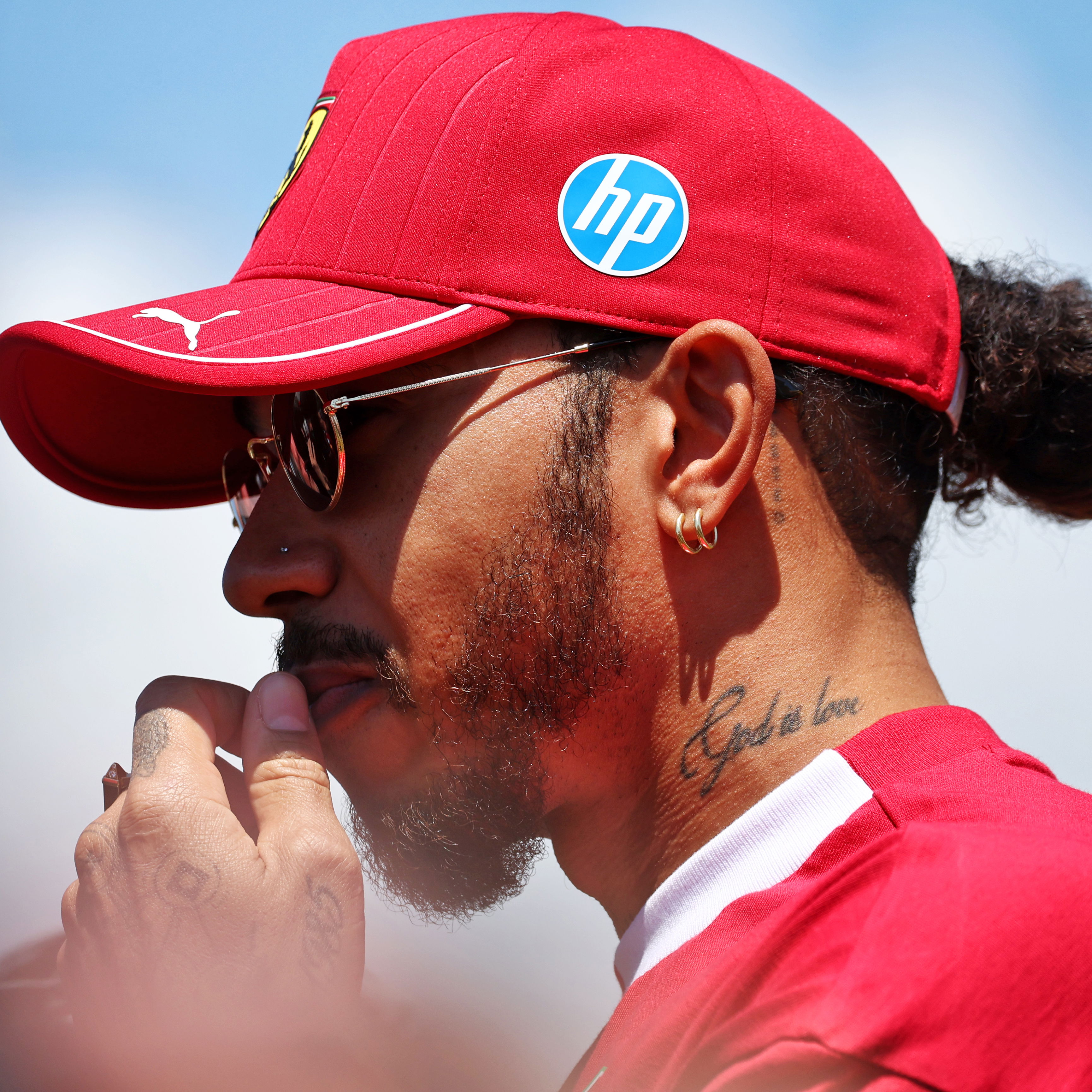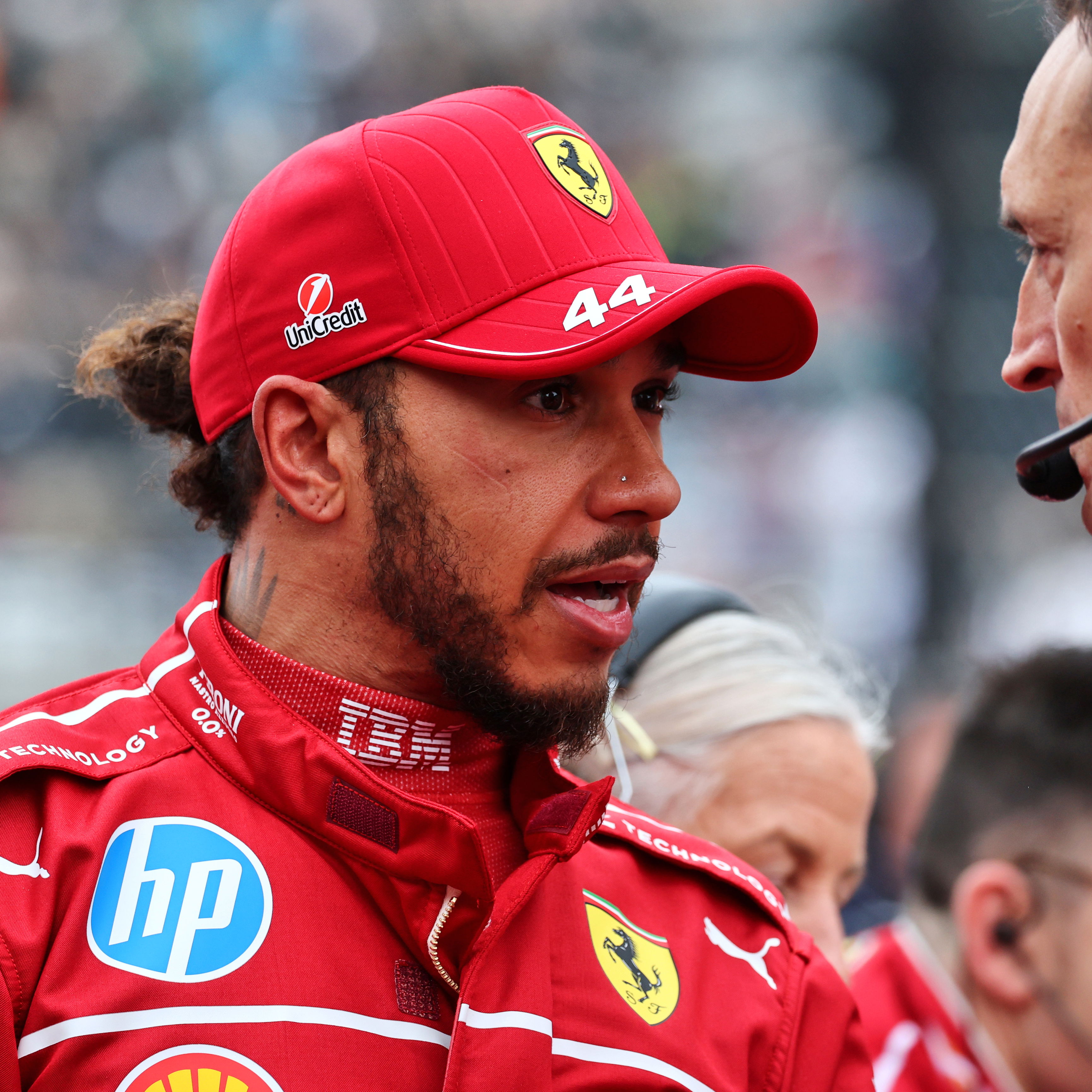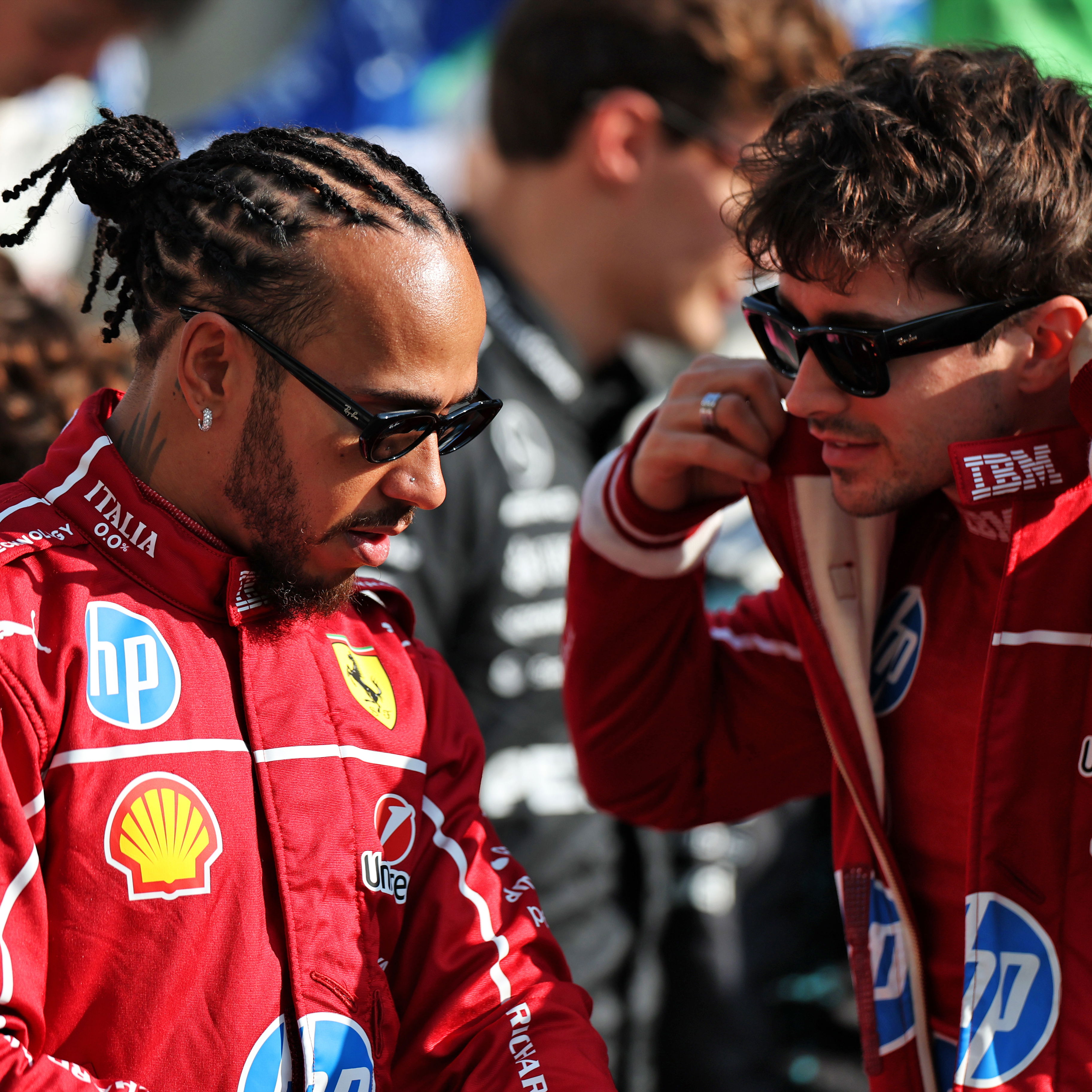Schumacher: I quit to save Massa`s F1 career.
More than a year-and-a-half on from his retirement from Formula 1, Michael Schumacher - the most successful driver in the sport's history - has revealed that he walked away to save his team-mate and friend Felipe Massa's career.
The German - who claimed a record-breaking seven world drivers' crowns in the top flight, the product of an unrivalled 91 victories, 154 rostrum finishes, 68 pole positions and 1,369 points - hung up his F1 helmet at the end of his 16th season in 2006.
More than a year-and-a-half on from his retirement from Formula 1, Michael Schumacher - the most successful driver in the sport's history - has revealed that he walked away to save his team-mate and friend Felipe Massa's career.
The German - who claimed a record-breaking seven world drivers' crowns in the top flight, the product of an unrivalled 91 victories, 154 rostrum finishes, 68 pole positions and 1,369 points - hung up his F1 helmet at the end of his 16th season in 2006.
At the time many had surmised that he had quit rather than run the risk of being out-performed by Kimi Raikkonen, who had been signed up to drive for Ferrari the following year. Schumacher, though, insists this was not the case.
"I stopped because I didn't want my friend Felipe Massa to be unemployed," the 39-year-old is quoted as having said by Swiss newspaper Blick. "I would have had no problem going up against Kimi Raikkonen."
Schumacher will be in evidence throughout the forthcoming German Grand Prix weekend - around a circuit at which he triumphed on four occasions during his career in the uppermost echelon - fulfilling his role as a special consultant to the Scuderia. The outing will mark only his second paddock visit of the season, following his appearance in Barcelona almost three months ago. He is also due to play football in the 1 drivers' team on Wednesday.
Meanwhile, the alternating agreement that currently sees the German Grand Prix shared between 2008 home Hockenheim and the N?rburgring looks set to continue until at least 2011, when the scheme is contractually fixed to end.
The move was made as more and more countries clamour for the right to welcome F1, making it more difficult to justify Germany having two seasonal slots on the calendar, as had been the case in 2006 and a number of previous years.
"We are not dissatisfied with the current solution for alternating," Jorn Teske, marketing chief of the Hockenheim circuit, told German news agency SID. "In the current environment, it is the appropriate solution."





